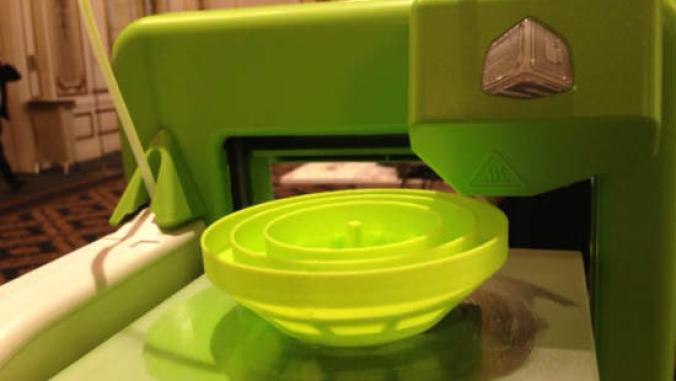Healthcare Group to Push Plastic Recycling in Hospitals
<p> The drive to clean up healthcare's impacts gets a push from a group that wants to recycle more plastic at hospitals.</p>

Hospital room - CC license by treehouse1977 (Flickr)
Eight healthcare providers, manufacturers and waste handlers will work together to make plastic products in hospitals more recyclable, tackling all stages from design to disposal.
The Healthcare Plastics Recycling Council (HPRC) launched this week to increase how much plastic, from both products and packaging, gets collected and recycled at healthcare facilities.
"When you look at the amount of waste generated in a hospital, plastic represents a very large proportion," said Tod Christenson, director of the HPRC.
The council is made up of recyclers Engineered Plastics and Waste Management; healthcare service provider Cardinal Health; and product makers DuPont, Hospira, Johnson and Johnson, Kimberley Clark, and Becton, Dickinson and Company.
While much of the plastic used at hospitals has a high value, little of it is recycled, Christenson said. "You have things that disable the opportunity to recycle all along the value chain," he said.
Sticking paper labels on plastics or designing products made with different types of plastics hamper recycling. Within facilities, employees need to be made aware of what plastics are recyclable, and there's the need for space to collect, sort and store recyclables until they can be picked up.
The HPRC's work will focus just on pre-patient contact materials, so it won't be dealing with anything that comes into contact with bodily fluids and would end up in medical waste bags. That still leaves plenty of products, Christenson said, like IV bags, wash basins, bottles and Tyvek wrap.
The council's first three projects will further identify issues that prevent recycling, create a list of product and packaging design guidelines that would help companies create more-recyclable products, and test recycling programs to gather best practices, determine how much plastic is coming out of hospitals and figure out where it's being generated. So far, the group's tests have handled 20,000 pounds of plastic. An even larger issue to tackle is the recycling infrastructure and figuring out how to collect plastic from hispitals nationwide.
Hospital room - CC license by treehouse1977 (Flickr)





